Capcom’s latest anti-piracy software changes may have actually fixed one of the longest-standing issues Resident Evil Village has had since its release.
Several reports have surfaced that Capcom has removed Denuvo from Village. Denuvo is an anti-piracy software that is designed to prevent player tampering. While its removal may sound worrying, it being disabled may actually be a boon—players have long claimed its absence actually fixes the performance issues that have plagued Village.
A cracked version of Resident Evil Village was released in July 2021, two months after release, which ran noticeably better than the official version with Denuvo embedded. Sometime later, Capcom may well have taken notice of that difference, taking Denuvo out of the program and beginning work to see if it truly was the root of the problems.
Devs usually put Denuvo and other anti-piracy software in games to prevent tampering. However, crackers are still able to crack the game’s code in mere months and even days if the devs are not careful enough. Denuvo released a statement in 2018 that suggested as much: “There is no uncrackable game. What we do is protect the initial sales.”
The Denuvo solution is obviously not the be-all, end-all for piracy as it is still crackable. It hopes that the pirates get impatient waiting for the crack of a game which would increase the chance of them buying the game instead of pirating it.
And it seems to have not helped Village positively either.
While these performance fixes are unconfirmed, for now, it’s expected the long wait for Resident Evil Village to run properly may finally be over.


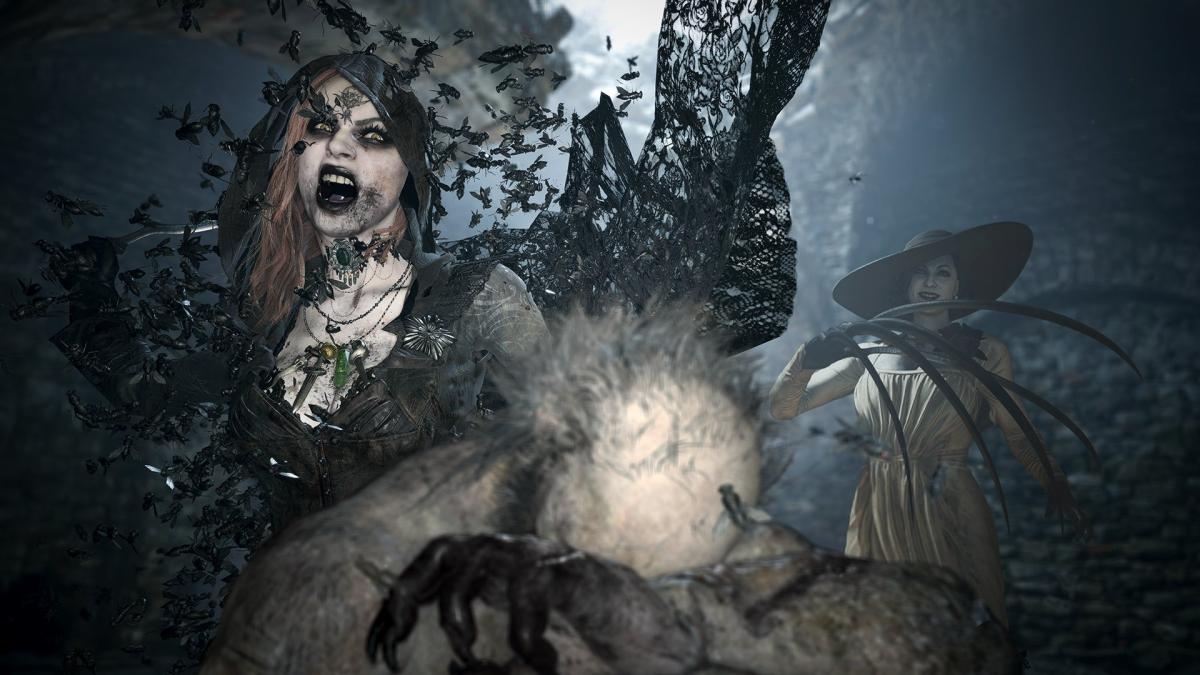
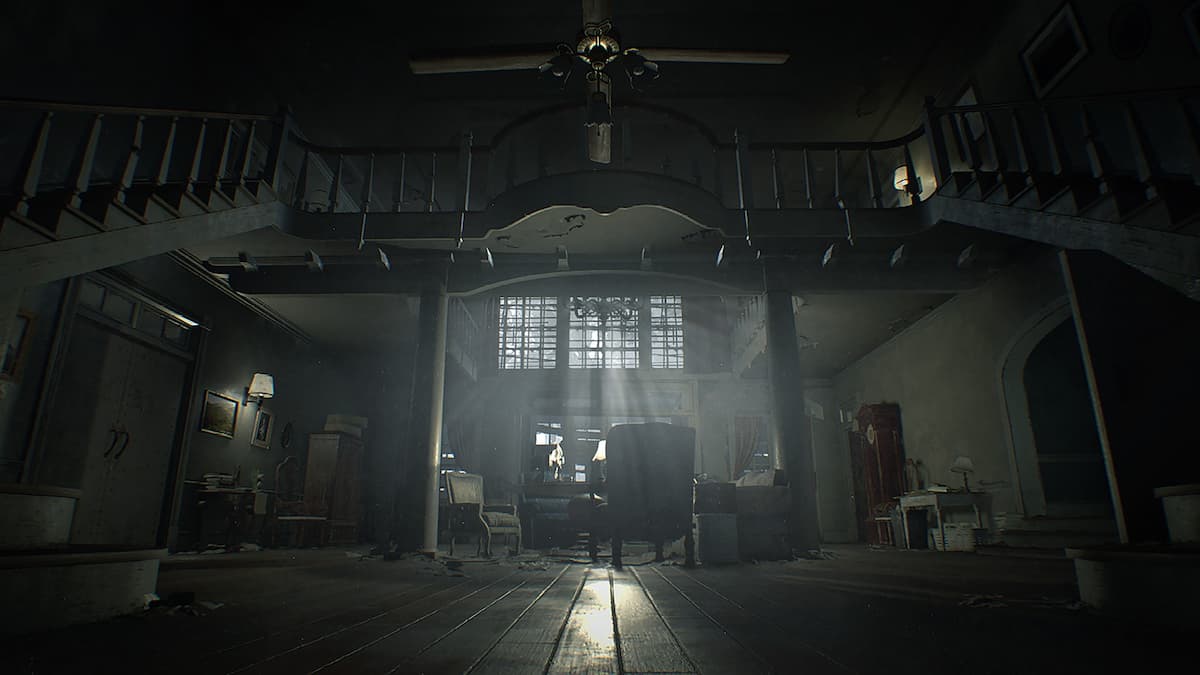
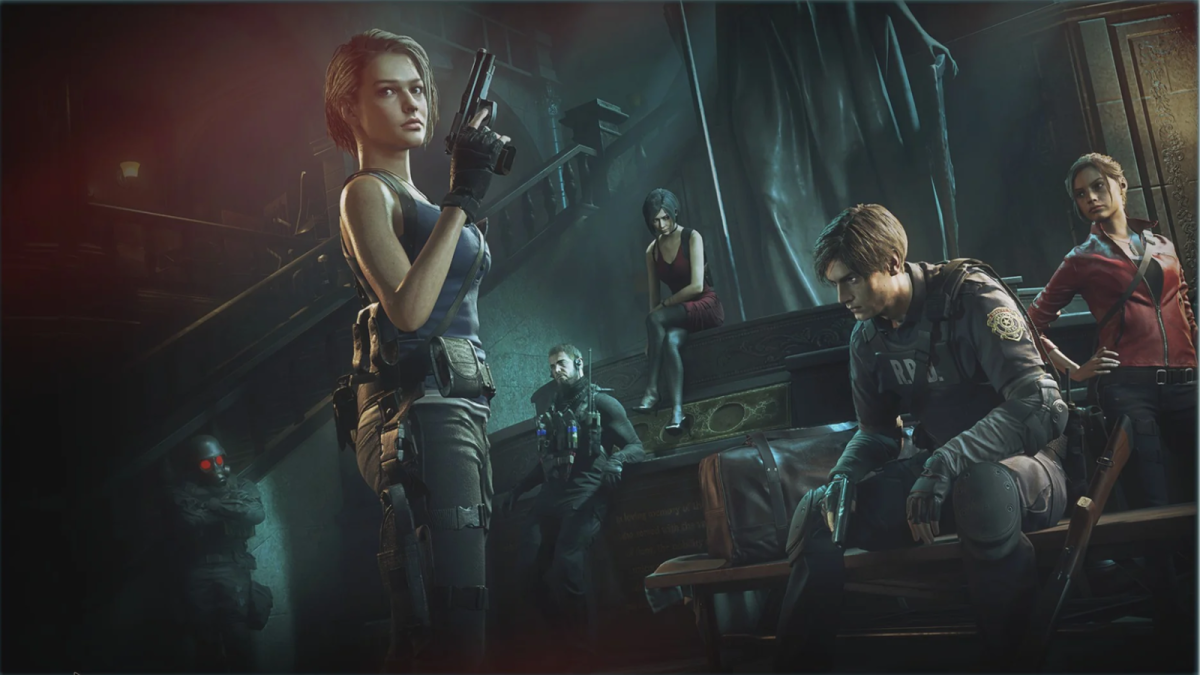
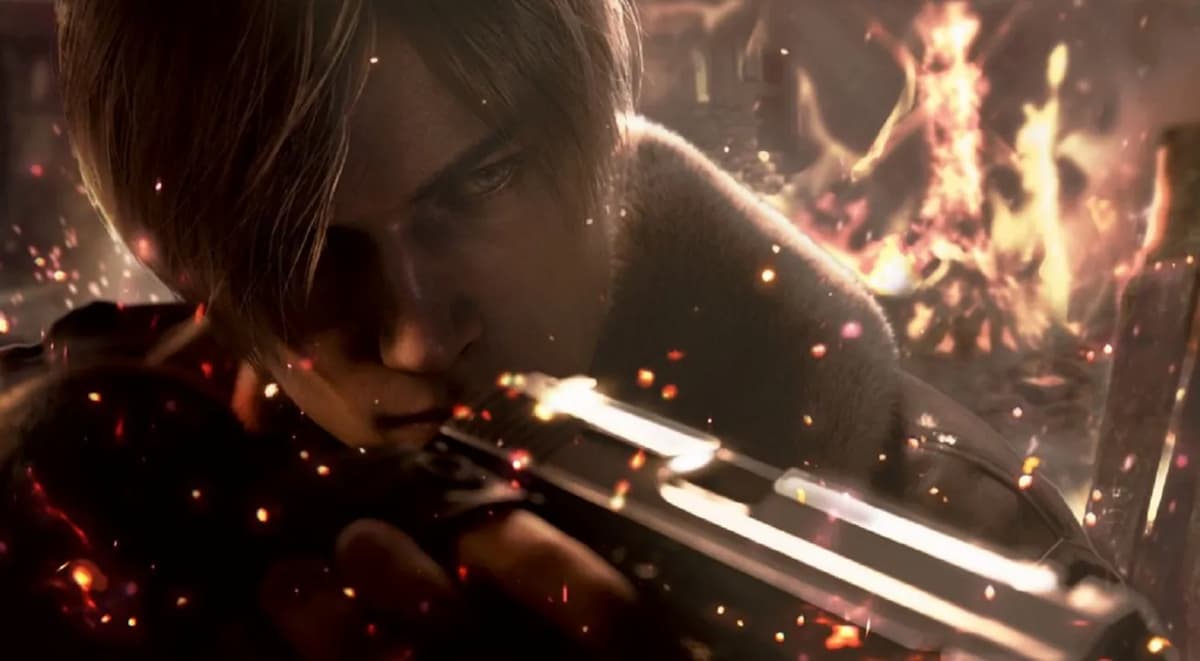
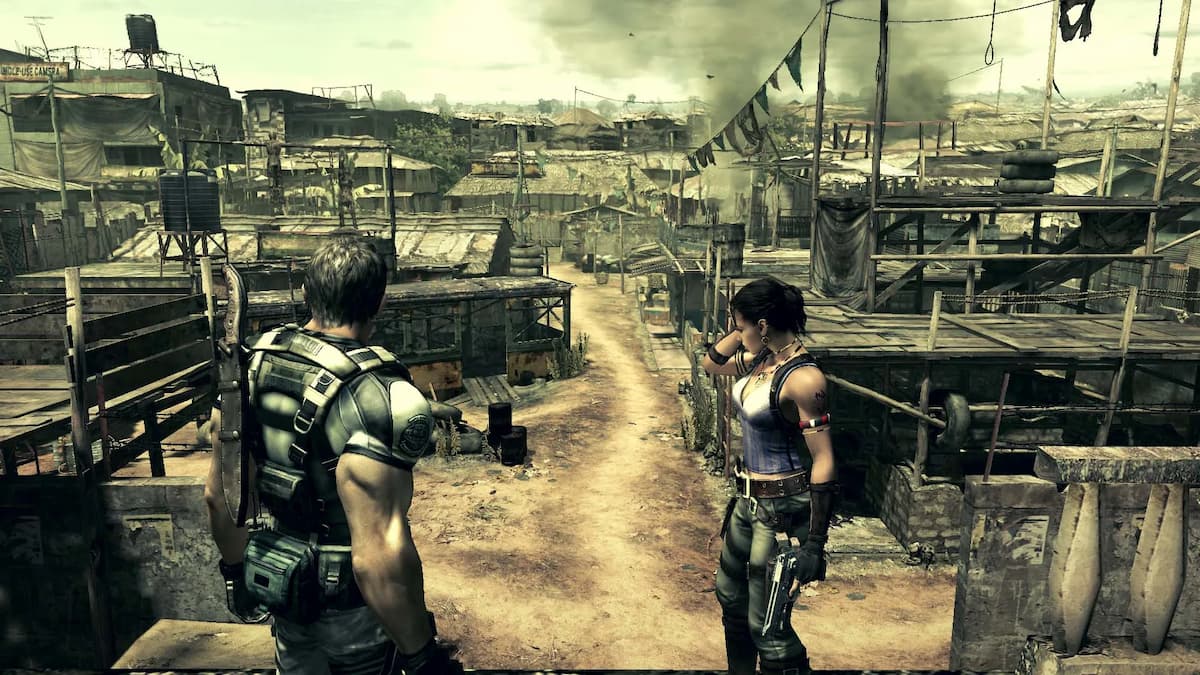
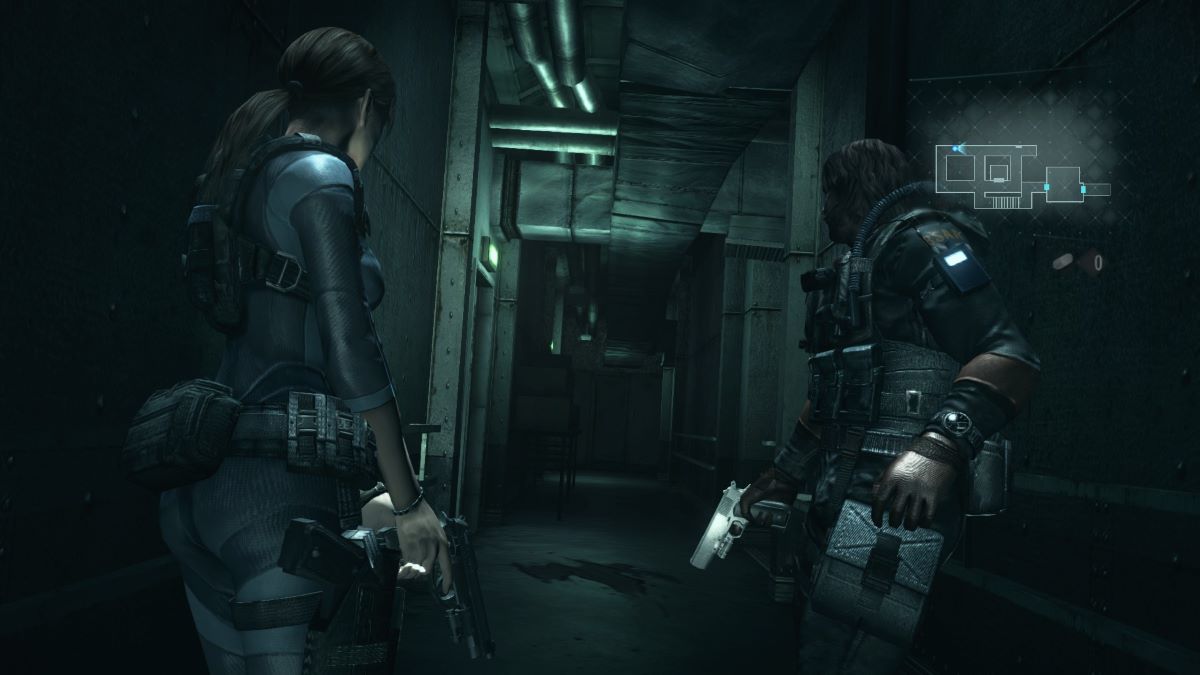
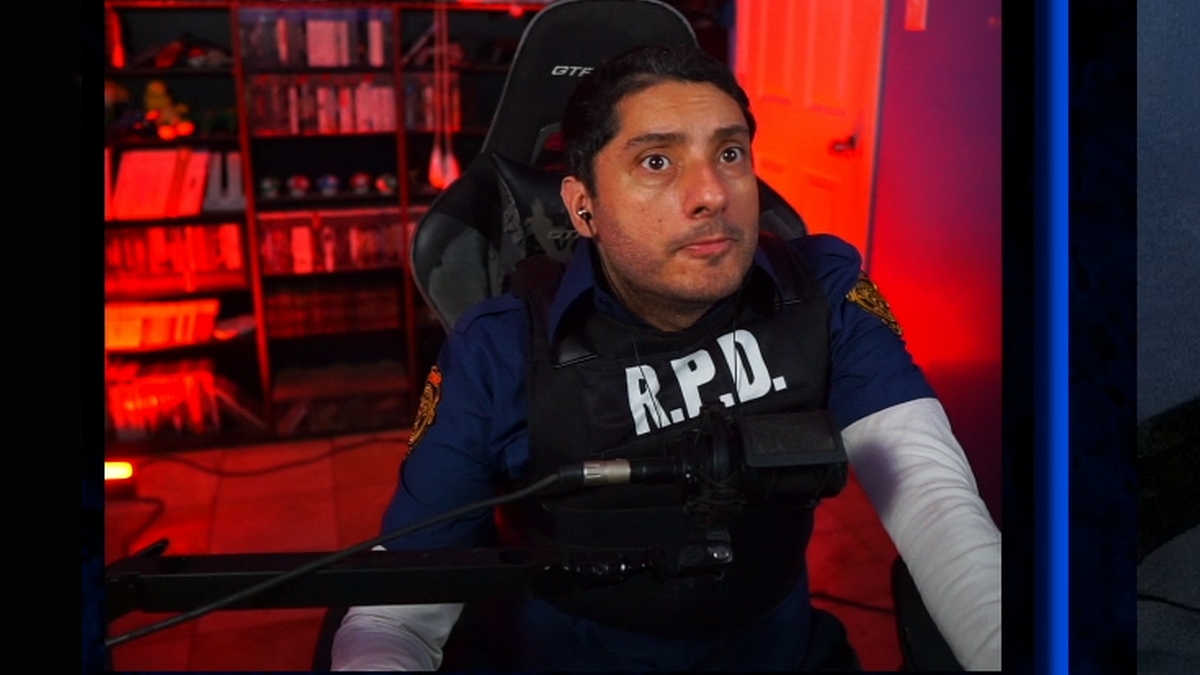

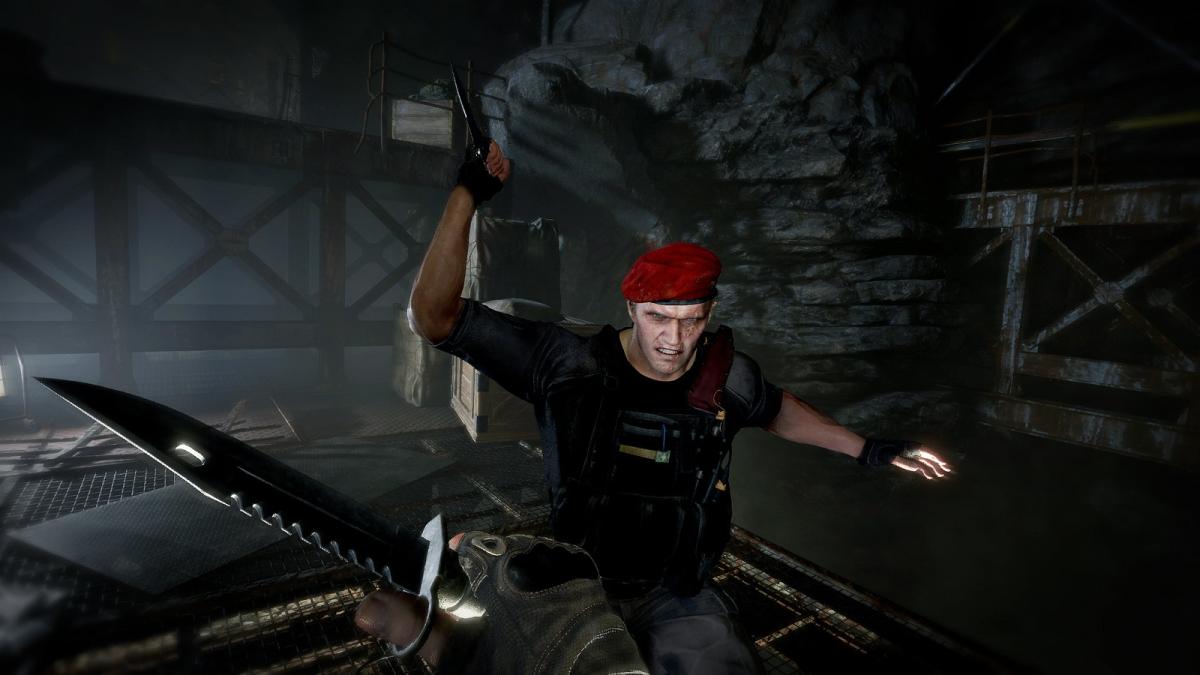
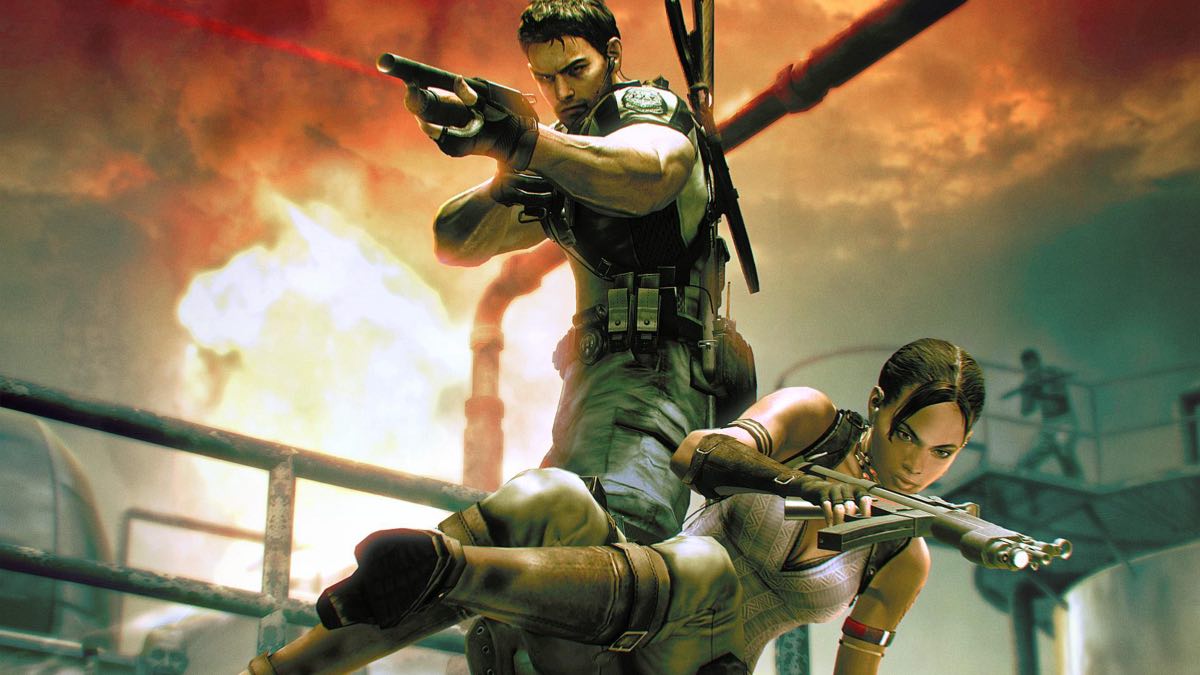
Published: Apr 11, 2023 12:34 am